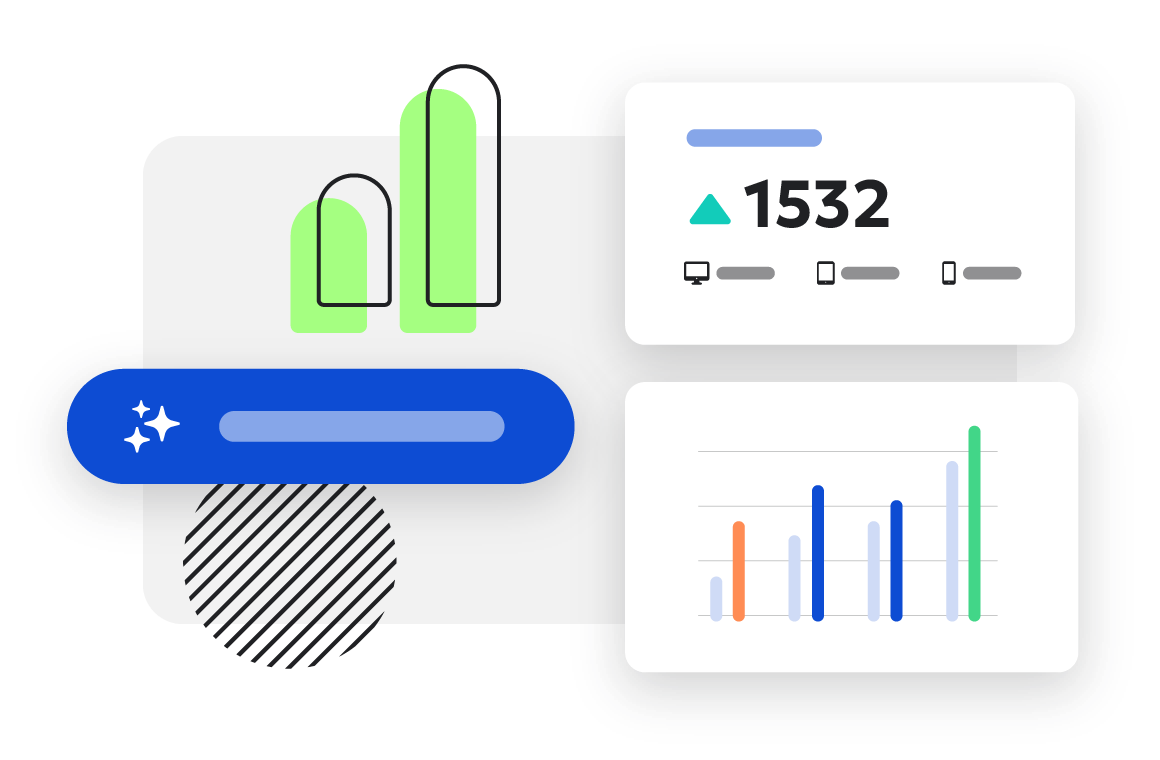So, you’re responsible for search engine optimization for a website or group of websites all on your own. Congrats and welcome to the world of algorithms, optimizations, and Google updates. There are lots of great things you're about to learn and a lot of awful things you’ll want to avoid. Right now I want to tell you how I have organized my work to ensure that my efforts are delivering results.
Do you need an SEO team?
The first thing you want to do is establish some solid expectations for yourself. What are the goals for the website? How much time and what resources do you have available? How fast do stakeholders expect results? There are unending variables that can affect your workload. Here are a few things to keep in mind to evaluate how much work will actually be required.
How big is your site?
A website with only 2 pages is probably not large enough to require a full-time person dedicated to SEO. No matter how much keyword research and deep diving you do, there is only so much you can do per page.
On the other hand, a website with thousands of pages might require a team of SEO help. One person only has so much time, and that work might not be enough to make a difference on a large site.
If you’re in the sweet spot between those two extremes, though, you can easily hire an SEO expert that can optimize your site and improve your organic traffic.
What are the site’s goals?
If you’re expecting one person to be able to meet the goals you’ve set for your website, you need to make sure you’re not expecting miracles. There are a million factors that can affect your site’s organic traffic and how fast it can grow, but expecting one person’s efforts to 10x the traffic on your site is probably not a realistic expectation.
SEO priorities & job functions
Once you’ve established realistic goals for your SEO, it’s time to start building out their responsibilities. What kinds of work can you expect them to tackle and when? Well, SEO is generally broken down into different sets of efforts.
SEO research
Looking through your site’s data gives you an idea of where your site currently sits and where you can set your goals. You also need to make sure to research your keywords to see where you’re currently ranking and what kind of content is ranking for those keywords. This will give you the opportunity to plan what tasks and content will be priorities for your ongoing SEO work.
Technical SEO
Technical SEO is usually the first group of tasks I tackle on a website. This is work that looks at the structure and code of the site to see how Google crawls your website and whet kinds of issues might be preventing search engines from getting all the important information from your site’s content. These tasks consist of fixing any links to broken or redirected pages. Making sure there are no stray code that prevents Google from crawling pages or following links.
You also want to make sure that all the pages on your site have meta descriptions and titles to give search engines the best description of what content is on the page. You also will want to make sure all images have an alt tag to give context to images and make the images readable by screen readers.
On-page SEO
Once you’ve taken care of the back end of the website, you can look at the on-page content and see how you can optimize the content for your keywords. You will want to make sure the page title targets the keyword targeted for that page. Then the content on the page will need to support that keyword by adding supporting information in the headers and paragraph content on the page.
You can also look at your pages and see if there is content that is competing with other pages on your site, creating confusion for search engines. You can combine content to give you a more valuable page, or you can eliminate content that isn’t providing value. Any changes you make that are visible to users on the website is considered “on page SEO”.
Off-page SEO
Search engines don’t look solely at the content on your site to determine its value, they also look at how users and other websites interact with your site. If a large site links to your site, that’s a good sign that your site is providing value to users and can improve your ranking. Off page SEO work covers anything that you do to help show search engines how valuable your site is to others on the internet.
Getting help from other teams
Now not all the work that SEOs will want done will have to be done by them. SEOs look at your site’s code, content, images, and user experience, so they will often have to work with other teams to ensure that your site is as good as possible.
Your SEO may reach out to your development team to discuss ways to speed up your website, including streamlining code and speeding up the site load. They may also reach out to the designer to ask for options to help the page flow better and lead to a CTA. And your SEO will almost always be in touch with the content team to make sure the content is optimized for search engines.
A one-person SEO team can make a lot of great things happen for a website, but it’s important to set clear goals and give them the resources to make the right optimizations on your website.

Ready to make the most out of your Web Analytics?
Siteimprove Analytics is an all-in-one Web Analytics solution
Schedule a demo